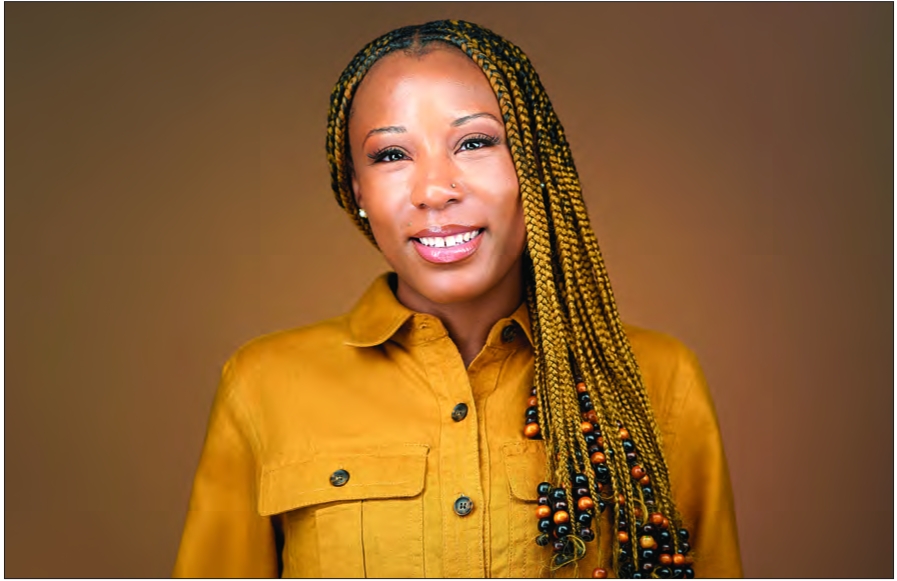
Kimberly Lyle, CEO of Dorchester Bay Economic Development Corp.Boston needs the Black business economy to grow, according to experts.
Black businesses need to be top of mind for financial institutions every month, not just during August, which is National Black Business Month, according to Kimberly Lyle, the CEO of Dorchester Bay Economic Development Corp.
“We have a month for everything, a week for everything, and that’s great to shine a light on a particular cause,” said Lyle. “But these businesses need support every day.”
Dorchester Bay is a community development corporation and a certified community development financial institution (CDFI) that has been an engine for Boston’s minority-owned businesses for the past 45 years.
The organization provides capital and resources to more than 300 businesses a year, with an emphasis on owners who live in Dorchester, Roxbury, Mattapan, Hyde Park, Jamaica Plain and Roslindale.
Lyle believes that Black businesses require constant infusions that can only be made possible through relationship-building.
“If you are the mom-and-pop bodega, there are not a lot of options that are not predatory, in terms of access to capital,” said Lyle. “We’re part of an ecosystem.”
Lyle believes that when Black businesses do well, others do, too.
CDFIs
have been a lifeline for local businesses in underserved communities
for three decades. But the nearly 100 CDFIs in Massachusetts are having
trouble accessing capital.
A
recent report from MassInc, a nonprofit focused on civic vitality,
surveyed 22 CDFIs in the state and found that all of them have
encountered challenges when securing funding, with 24% of survey
respondents saying they’ve faced “significant challenges.”
According
to a McKinsey study on the racial wealth gap, Boston has diverse
economic engines when it comes to the size and founders of their
businesses. Many of the entrepreneurs that CDFIs work with are
entrepreneurs of color and businesses that fall in the “micro” category —
under five employees.
Super-small
businesses have an even harder time justifying funding, and a large
share of them are run by people of color who employ other people of
color.
The Holiday Bos. Shop, which features dozens of Black-owned brands, launched on Black Friday in Boston’s Back Bay neighborhood.
“There
truly always is a need,” said Jae’da Turner, founder of Black Owned
Bos. “Having people like Dorchester Bay provide nontraditional routes to
funding is really important when it comes to inequities like folks
without perfect credit getting a loan.”
Black
businesses need to be tended to with extra care to overcome systemic
burdens, according to Ricardo Louis, founder of transportation services
group Prive Parking.
“Black-owned
businesses have unique challenges,” said Louis. “I do see a change
happening, but the missing piece is the representation on all sides.”
Louis
received an infusion of $20,000 when his business needed “emergency”
capital from DBEDC. When he faces other lenders, he often finds that
there is not enough diversity on the lending side.
“Boston
is a thriving, sustainable city of opportunity,” said Louis. “There is
no reason that local, minority-owned businesses cannot participate.”
Maya Shavit is an intern at Boston Business Journal.